Skin lesion excision
Post Operative Instructions
Most patients recover quickly from having their skin lesion(s) excised. The following guidelines are recommended:
Drinking and eating
You can eat or drink whatever you wish after surgery. There are no diet restrictions, but alcohol consumption is not recommended and tobacco use is prohibited as Nicotine decreases blood flow to the healing tissues and can actually compromise wound healing.
Activity
You can resume gentle activities the day after surgery. Avoid strenuous activity for 2 weeks. Avoid contact sports for 4 weeks after surgery.
- Do not drive while you are taking narcotic medication
- Start walking as soon as possible as this reduces the chance of developing blood clots.
- After 24h it is ok to take a shower, gently pat the surgical site dry and then apply the antibiotic ointment
- Do not submerge the incision site for a week (this includes the bath, swimming pools and hot tubs)
- Avoid direct sunlight exposure to your scar for the first year following your surgery.
Bleeding
Slight bleeding can occur for the first few days. If bleeding continues, contact Dr Jefferson or the ENT registrar on-call at John Hunter Hospital. If unsuccessful, please present to your closest emergency department for review.
For the first few days it is common to have some swelling/bruising around the wound. You can apply an ice-pack to the area for 15-20 minutes as needed.
Pain
Skin lesion excisions are not typically a very painful operation. Regular Panadol is usually sufficient. Avoid any aspirin-based medication as well as neurofen as this can promote bleeding. Sometimes you may need a stronger pain medication which will require a prescription.
Medications
Take all of your routine medications as prescribed, unless told otherwise by Dr. Jefferson; any medications which thin the blood should be avoided.
You may be given a prescription for a topical antibiotic ointment to be used on the wound(s). Apply a pea-sized amount twice daily for 2 weeks after surgery.
Follow up
Patients are seen back in the clinic/office approximately 5-7 days after surgery for suture removal if needed. At that review we will review how the wounds are healing and where indicated the results of the pathology.
Call Dr Jefferson if
- You are bleeding excessively
- You have signs of infection such as fever, unrelieved headaches, expanding redness in the region of the excision or increasing pain
- You have decreased or double vision, swelling of the eyes or a stiff neck



